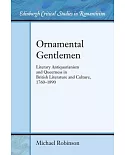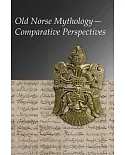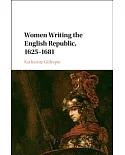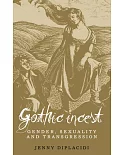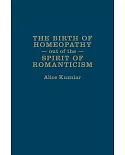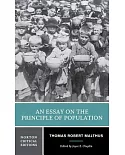As the idea of citizenship became more inclusive in the nineteenth century, England confronted the problem of those who seemed less fit for the responsibilities of political power. In a
liberal society, fit behaviors had to originate in individual choices, rather than in coercion. Thus, social outreach became a matter not simply of giving information, but of educating and
managing desire, which in turn required an active role in the very formation of subjectivity. Preparation for citizenship came to be seen as shaping the familial, moral, and physical
environments required to foster a natural and healthy body and mind. The management of the social body through discourses of health became the principal means of negotiating these new
questions of citizenship and the Condition of England. The Citizen’s Body traces the construction of citizenship through the figure of the healthy body, in parliamentary debates on the
franchise, in sanitary and housing publications, and in novels. The rhetoric of the healthy body as the ground of civic participation permeated the discourse of the novel, as shown in the
work of Dickens, Oliphant, Disraeli, Eliot, and Gaskell. This book offers a new understanding of Victorian liberal thought, citizenship, the social body, and the Victorian novel.


